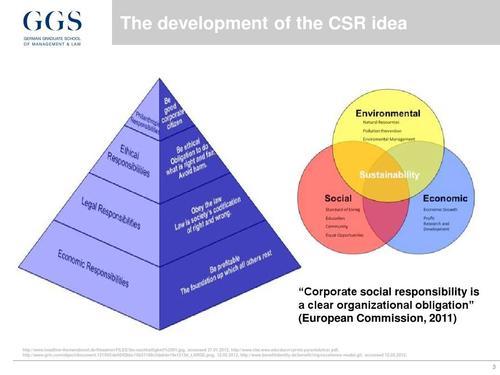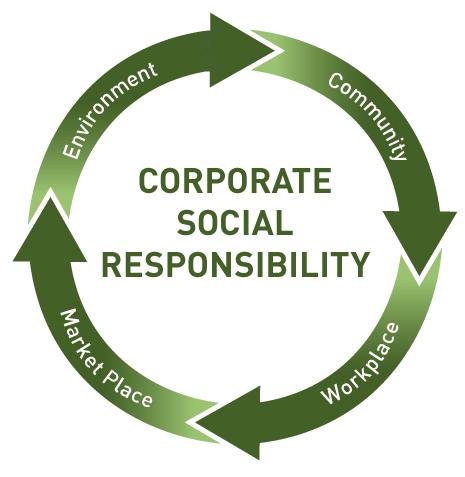
Understanding Corporate Social Responsibility (CSR)
Corporate Social Responsibility, often abbreviated as CSR, is a concept that has gained significant traction in recent years. It refers to the efforts made by companies to contribute to the welfare of society and the environment. By engaging in CSR activities, companies aim to balance their economic interests with social and environmental concerns. In this article, we will delve into the various dimensions of CSR and its importance in today’s business landscape.
Defining CSR
CSR encompasses a wide range of initiatives and practices that companies undertake to address social and environmental issues. These initiatives can include ethical business practices, environmental sustainability, community engagement, and philanthropy. The ultimate goal of CSR is to create a positive impact on society while also benefiting the company’s reputation and bottom line.

Dimensions of CSR
There are several key dimensions of CSR that companies should consider:
1. Ethical Business Practices
One of the fundamental aspects of CSR is ensuring ethical business practices. This involves adhering to laws and regulations, treating employees fairly, and maintaining transparency in operations. Companies that prioritize ethical practices are more likely to gain the trust and loyalty of their stakeholders.
2. Environmental Sustainability
Environmental sustainability is another crucial dimension of CSR. Companies are increasingly expected to minimize their environmental footprint by adopting green practices, reducing waste, and promoting renewable energy sources. By doing so, they contribute to the preservation of natural resources and mitigate climate change.
3. Community Engagement
Community engagement is about actively participating in the communities where a company operates. This can involve supporting local initiatives, providing employment opportunities, and contributing to the social and economic development of the community. By engaging with the community, companies can build strong relationships and enhance their reputation.

4. Philanthropy
Philanthropy is the act of donating time, money, or resources to charitable causes. Companies can engage in philanthropy by supporting non-profit organizations, funding research, or implementing volunteer programs. By doing so, they demonstrate their commitment to making a positive impact on society.
Benefits of CSR
Engaging in CSR activities can bring numerous benefits to a company:
1. Enhanced Reputation
Companies that prioritize CSR are often perceived as more reputable and trustworthy. This can lead to increased customer loyalty, higher employee morale, and a positive brand image.
2. Improved Financial Performance
While CSR initiatives may require initial investments, they can ultimately lead to improved financial performance. By reducing environmental costs, attracting talent, and enhancing customer satisfaction, companies can achieve long-term financial gains.
3. Risk Mitigation
Engaging in CSR can help companies mitigate risks associated with social and environmental issues. By addressing these concerns proactively, companies can avoid potential legal and reputational damage.
Challenges of Implementing CSR
Despite the numerous benefits, implementing CSR can be challenging for some companies:
1. Resource Allocation
Allocating resources to CSR initiatives can be difficult, especially for small and medium-sized enterprises (SMEs). Companies need to balance their financial constraints with the desire to make a positive impact.
2. Measuring Impact
Measuring the impact of CSR initiatives can be challenging. Companies often struggle to quantify the social and environmental benefits of their efforts, making it difficult to demonstrate the value of their CSR programs.
3. Stakeholder Expectations
Stakeholders, including customers, employees, and investors, have varying expectations regarding CSR. Meeting these expectations can be challenging, as stakeholders may have different priorities and values.
Conclusion
Corporate Social Responsibility is a multifaceted concept that requires companies to consider various dimensions, including ethical practices, environmental sustainability, community engagement, and philanthropy. While implementing CSR can be challenging, the benefits, such as enhanced reputation, improved financial performance, and risk mitigation, make it a worthwhile endeavor. By embracing CSR, companies can contribute to the welfare of society and the environment while also achieving their business objectives.





